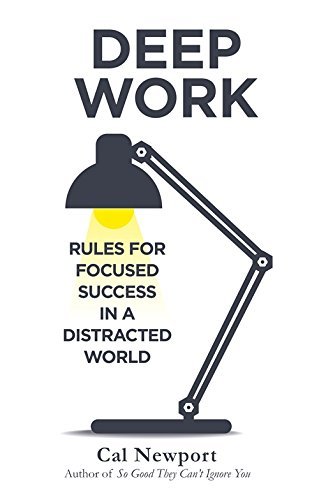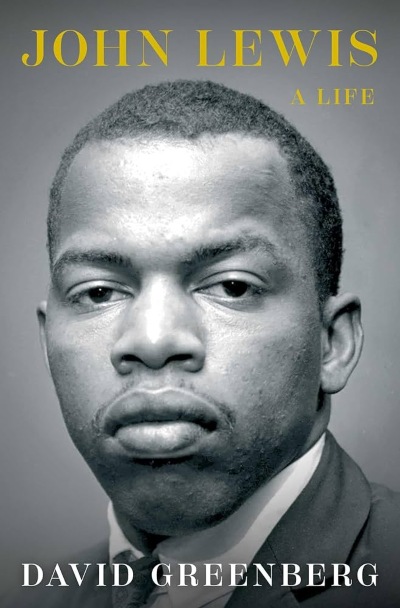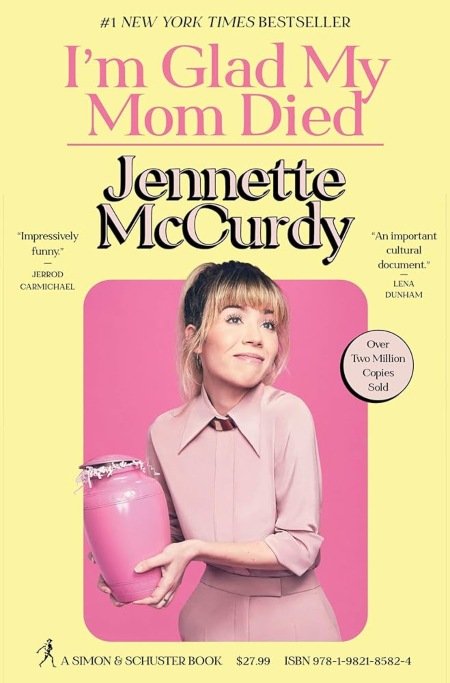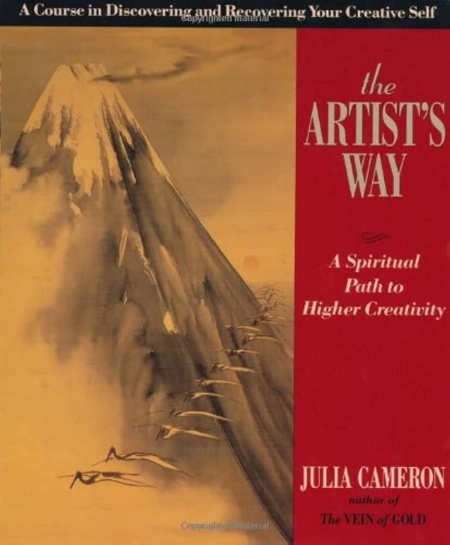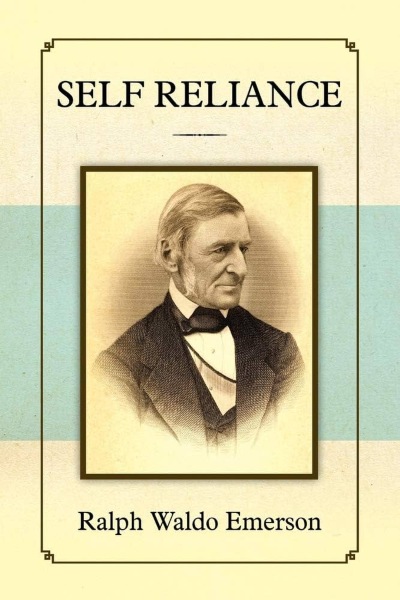Book Review | The Subtle Art of Not Giving a Fck*, Mark Manson
The Subtle Art of Not Giving a Fuck offers a refreshing perspective on personal growth, cutting through the noise of constant positivity. Its message of selective caring resonates deeply, providing a meaningful approach to navigating life’s challenges.
In this book review, we’ll explore The Subtle Art of Not Giving a Fck*, a straightforward and candid approach to personal development. This bestselling guide challenges the notion of relentless positivity and pushes readers to focus on what truly matters. With a raw, no-nonsense style, it emphasizes the importance of selectively caring about certain aspects of life.
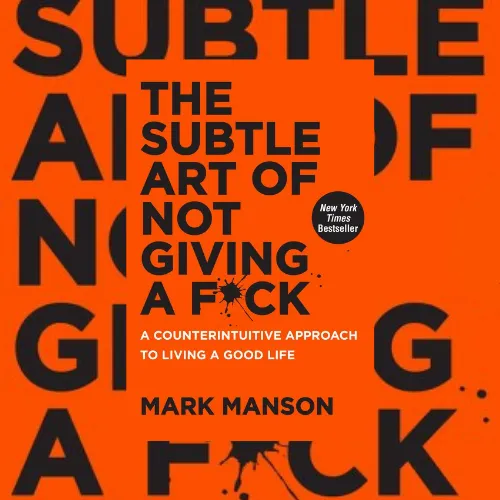
The Key to Happiness Lies in Selective Caring
The main argument is that we need to stop trying to be positive all the time and, instead, focus on choosing what to care about.
- Happiness comes from solving problems, not avoiding them.
- You don’t have to give a f*ck about everything—just about the things that really matter.
- Personal values help determine what deserves attention.

This approach suggests that by narrowing our focus, we can reduce anxiety and find greater fulfillment. It’s important to realize that not all challenges are equal, and our values should guide where we invest time and energy.
Embracing the Negative
One of the key messages is to embrace life’s difficulties rather than avoid them. The idea of constant positivity is rejected in favor of a more grounded perspective, where problems are inevitable.
“The desire for more positive experience is itself a negative experience. And, paradoxically, the acceptance of one’s negative experience is itself a positive experience.”
The book encourages readers to confront discomfort and challenges rather than seeking to eliminate them. This review of this self-help book emphasizes how leaning into negative experiences can foster growth and satisfaction, rather than an endless pursuit of optimism.
The Value of Rejection
A significant portion discusses the importance of saying no. Rejecting certain values and commitments becomes essential for living a meaningful life.
- You can’t care about everything; saying no helps you focus on what truly matters.
- Setting boundaries is crucial for personal growth.
- Discomfort is often necessary when asserting personal values.

Choosing where to direct attention and what to reject is crucial to building a more authentic life. The ability to say no, whether to societal expectations or bad relationships, leads to a more fulfilling existence.
The Responsibility/Fault Fallacy
One of the most powerful lessons in the book is the distinction between responsibility and fault. While we may not be at fault for everything that happens to us, we are responsible for how we react.
“We don’t always control what happens to us. But we do control how we interpret what happens to us, as well as how we respond.”
This section highlights the importance of taking ownership of our reactions, which shape our lives more than the events themselves. The message here is that personal responsibility, even in the face of difficult circumstances, is key to a more empowered life.
The Importance of Death
Towards the end, the focus shifts to how our awareness of death can guide how we live. Recognizing that life is finite can bring much-needed clarity to what we prioritize.
- The inevitability of death puts many of our daily problems into perspective.
- Acceptance of mortality helps us live more authentically.
- Most things we worry about are trivial in the grand scheme of life.
The final takeaway in this self-help book by Mark Manson encourages readers to embrace their mortality, which helps them focus on what truly matters. Life’s trivial concerns pale in comparison to the bigger picture, so energy should be spent on meaningful pursuits.


